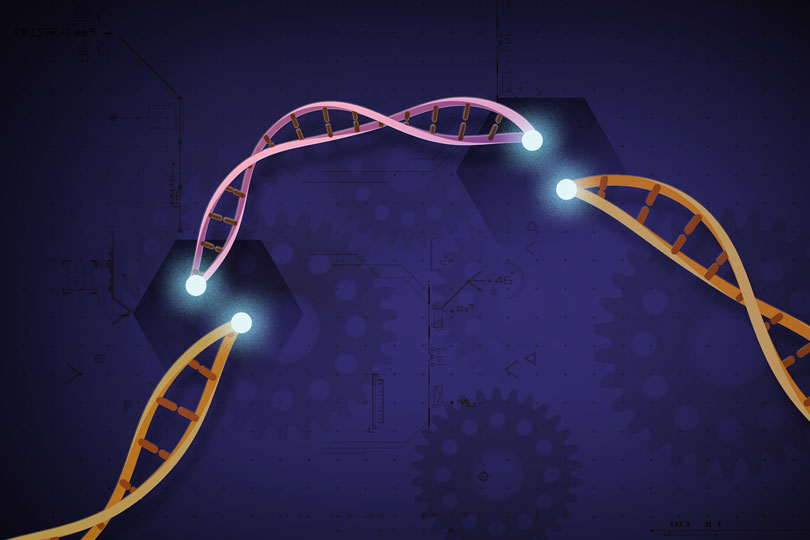By Jessica Domel
Multimedia Reporter
Gene editing could revolutionize both agriculture and healthcare in ways that could save thousands, if not millions, of lives. But will the same people who fight to block genetically-modified foods work to do the same to gene editing?
Not if it’s communicated properly and early, according to Dr. Kevin Folta, a molecular biologist from the University of Florida.
“Those of you who are farmers, if you knew the things that we have that are on the shelf that were devised with your tax dollars that never will see the light of day, you would be shocked,” Folta said at an American Farm Bureau Federation meeting. “This is because a big number of different reasons, but the big problem is that people are not excited about agricultural innovations.”
The average consumer doesn’t have a problem buying food.
“That’s the core of the problem we’re up against,” Folta said. “Another part of the problem is the technology was born, and especially when we talk about genetic engineering and other methods of genetic improvement, happened at the same time as the internet. What happened is the internet gave a conduit to people who are not so excited about technology.”
The internet is full of people sharing misinformation and manufacturing risks associated with technology.
While they were doing that, researchers were creating new technologies or improving others. Farmers were in their fields growing foods.
Few were out in the public talking about the advantages of the technology and sharing what it really is.
“So we created this vacuum that now activists and others were ready to exploit for their own means,” Folta said.
To prevent this from happening to gene editing, Folta said it’s important for farmers and researchers alike to talk about what it is and what it can do. More importantly, Folta said, it’s vital that people talk to consumers in the way they process information about food—emotionally and reactively.
“The health implications in humans will be incredible. You can read a paper every single day of where this technology has been used to solve a problem and disease, usually in a laboratory animal, but there are cases like children here that are alive today because of this technology,” Folta said. “They’ve had cells that have been injected into their bodies where the immune markers have been eliminated with gene editing allowing specific cancer receptors to identify malignant blood cells and destroy this. This is real.”
Gene editing allows researchers to create new plants and new varieties within months rather than years to address issues like citrus greening or wheat streak.
“The GMO type technology is when we’re adding an entire gene, sometimes entire bacterial genes and other types of information that must travel with the gene we’re interested in,” Folta said. “Gene editing is going in and tweaking what’s there without adding extra hardware.”
Due to the high volume of fear-based messaging regarding food, agriculture and technology, Folta said it’s key for people who want to use it, or could benefit from it, to discuss it in a way that consumers will understand.
He recommended using the many medical applications as a way to explain the benefits of gene editing, because it’s often a mutual concern.
“Facts don’t change minds. They don’t matter unless you establish trust,” Folta said. “It’s not about facts. It’s about how we change the way people feel about us.”
If researchers and those involved in agriculture don’t share why gene editing is needed, it could get to the point again where consumers won’t buy products made using it.
“When we don’t step into the space and we have confused consumers, a number of things happen. Consumers make mistakes by erring to the side of precaution,” Folta said.
These decisions can end up costing agriculture and science in the end.
“They’re prone to lifestyle-based choices and other messages they think are consistent with their values that really aren’t. They make mistakes. It costs a lot of money. Bad policy gets enacted, and we find this has especially bad effects on the poorest people among us, that when you raise food prices because we can’t adopt technology, which that tends

